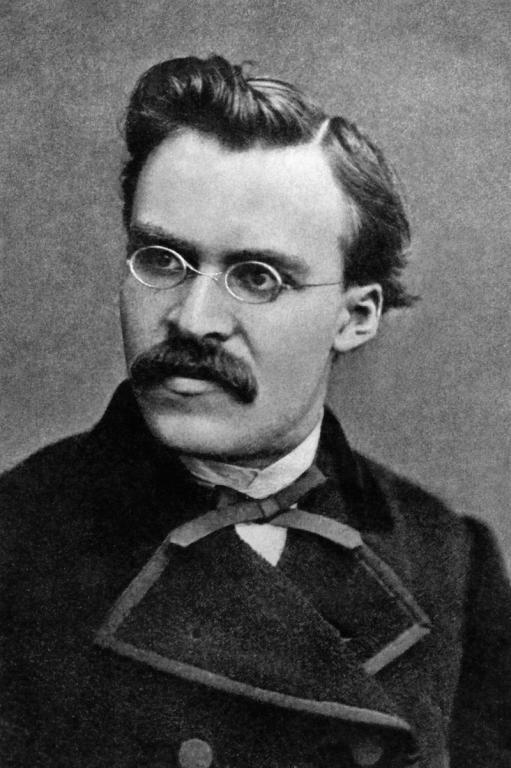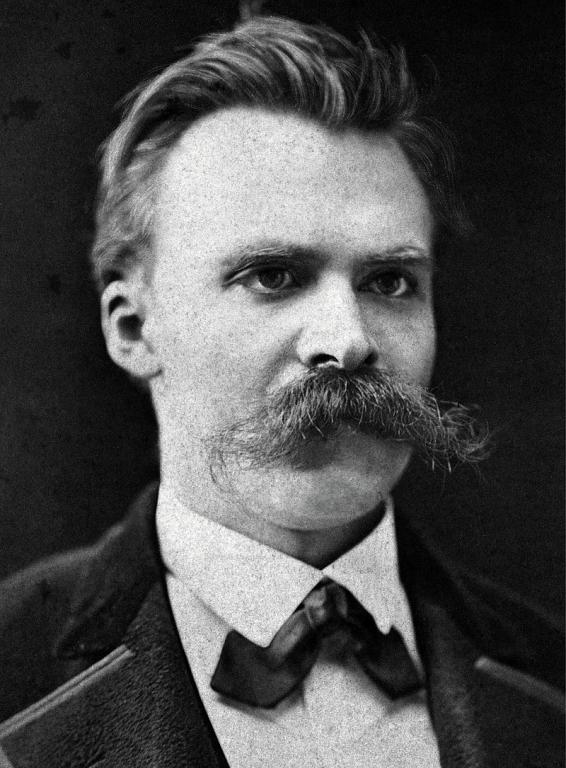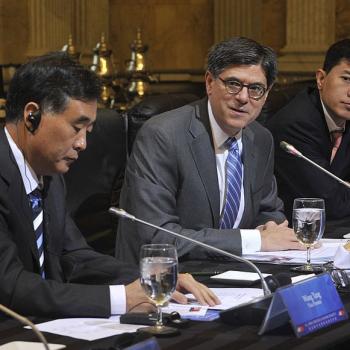The philosopher Dave Hume offers several arguments against miracles in his Enquiry. But I do not think these arguments refute the existence of miracles. After mentioning two of them last week, I want to talk about the last two of them here.
Hume’s third argument for why he thinks that miracle stories are fabricated is that they always arise from among barbarous and ignorant people, in far-away lands. Such persons lack education and sophistication, and Hume thinks that they gravitate toward miracle stories because they are not capable of sifting through the fabricated testimony of their peers – to discern the truth. On this third argument I do want to call Hume out because I think that Hume’s reasoning is pretty biased here. In particular, I think that Hume, in making this third argument, is being culturally biased and assuming that people from other cultures are less sophisticated than people from his own culture and time. Yes, it is true that there are a lot of people from cultures that are different than our own who lack our educational sophistication. But at the same time, I differ from Hume in that I think that people everywhere have a certain degree of common sense – even if they lack our own educational sophistication. My view is that people everywhere who have a basic degree of common sense, even if they lack higher education, are capable of discerning when an event is out-of-the-ordinary. They can tell that an event is a miracle when they see one. So here I think that Hume is just betraying some of his cultural biases.

The fourth reason that Hume offers is that for every miracle story that is told there always are countless other, contrary opinions that are available from persons who reject the veracity of the story and who instead think that the miracle was false. Such witnesses typically have another account or explanation of the event that happened, and as such they disagree with the persons who are claiming that what happened was a miraculous event. I agree with Hume that the presence of contrary witnesses is a common occurrence for a large number of miracle stories, but once again here I think that his conclusion overreaches. It seems to me to be an exaggeration for Hume to say that there are always numerous opposing witnesses for all miracle stories. This simply is not the case, factually speaking. For some miracles, everyone who was there has been willing to testify that there was something out-of-the-ordinary that did occur. Hume is overreaching here, yet again, when he asserts that all miracle stories are opposed by contrary witnesses.
In sum, like I said last time, I greatly appreciate the arguments that Hume makes in the Enquiry against miracles. In my mind, they do suggest the importance of being cautious about miracle stories! But I also think that Hume overreaches in his conclusions. Hume’s arguments do not in any way demonstrate that miracles do not occur. They just suggest that we ought to be cautious about believing in miracles whenever we hear other people tell us stories of them.














